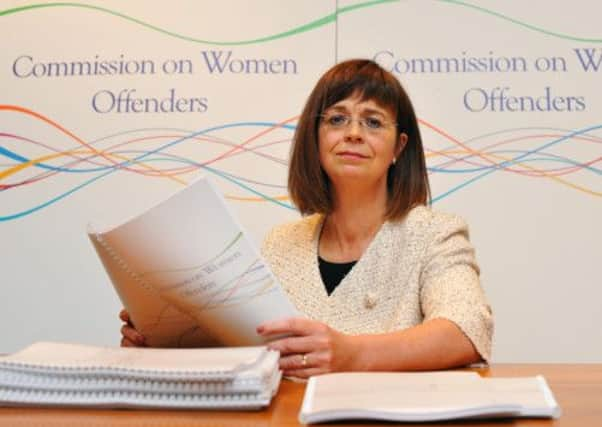Corroboration rule open to human rights challenge


Dame Elish Angiolini has called for the current system, which requires two sources of evidence, to be changed to ensure more rape convictions.
She said it was only a matter of time before a victim whose case failed to reach court took a legal action at Strasbourg against the Scottish system.
Advertisement
Hide AdAdvertisement
Hide AdLast month, the Scottish Government introduced the Criminal Justice Bill, which includes a provision for corroboration to be abolished in criminal trials. Many lawyers are opposed to the change, with the Law Society of Scotland describing corroboration as a “fundamental principle” of the justice system.
However, Dame Elish said justifying the requirement for corroboration would be a “significant challenge” at the European Court of Human Rights.
Speaking to BBC Radio Scotland, she said a third of all rape cases in Scotland were marked “no proceedings in law” because of a lack of corroborative evidence.
“My own view is that it will not be long before a victim in a case, which is marked ‘no proceedings’, will take the Scottish system to the European Court at Strasbourg,” she said.
“[And they will] say that because of this requirement, in sexual offending in particular, they are unable to obtain effective criminal sanctions in Scotland.”
Dame Elish, who served as lord advocate from 2006 to 2011, said that even if the law around corroboration was scrapped, prosecutors would continue to seek two sources of evidence.
“Whether it requires to be a legal requirement is the issue,” she said.
Commenting on the bill’s introduction last month, Raymond McMenamin of the Law Society said removing corroboration would result in a “contest between two competing statements on oath” and an increased risk of miscarriages of justice.
Advertisement
Hide AdAdvertisement
Hide Ad“The requirement for corroborated evidence is not an antiquated, outmoded legal notion, but is a fundamental principle of our justice system,” he said.
Among those in support of removing corroboration are Police Scotland Chief Constable Stephen House and groups including Scottish Women’s Aid and Rape Crisis Scotland.
Historically, Scotland has had a lower rape conviction rate than the rest of Europe, although it has increased in recent years.
A Scottish Government spokesman said: “We firmly believe the requirement for corroboration should be abolished, as it can represent a barrier to justice. Removing the need for corroboration is a move towards focusing on the quality of evidence rather than quantity.”
SEE ALSO